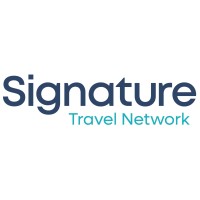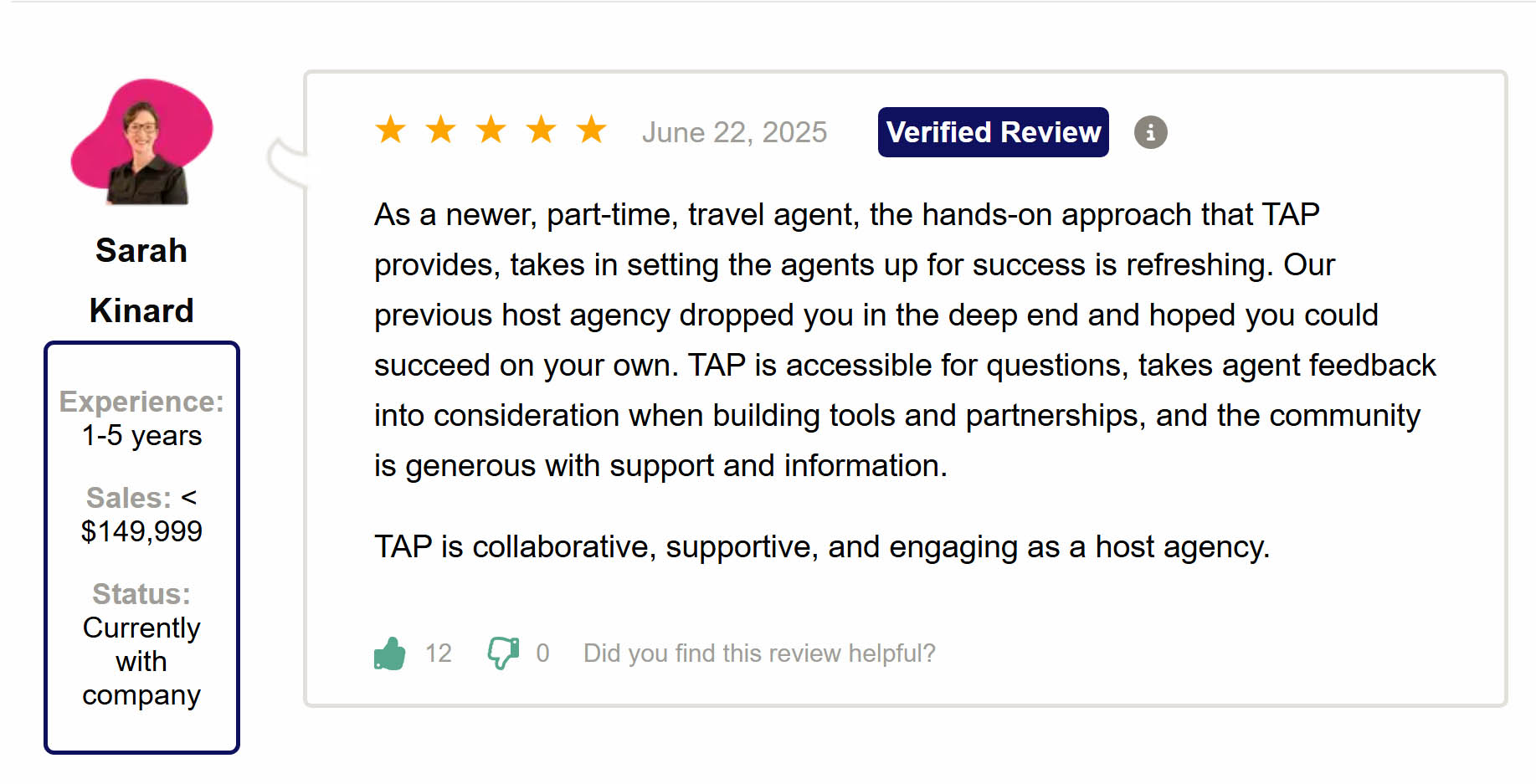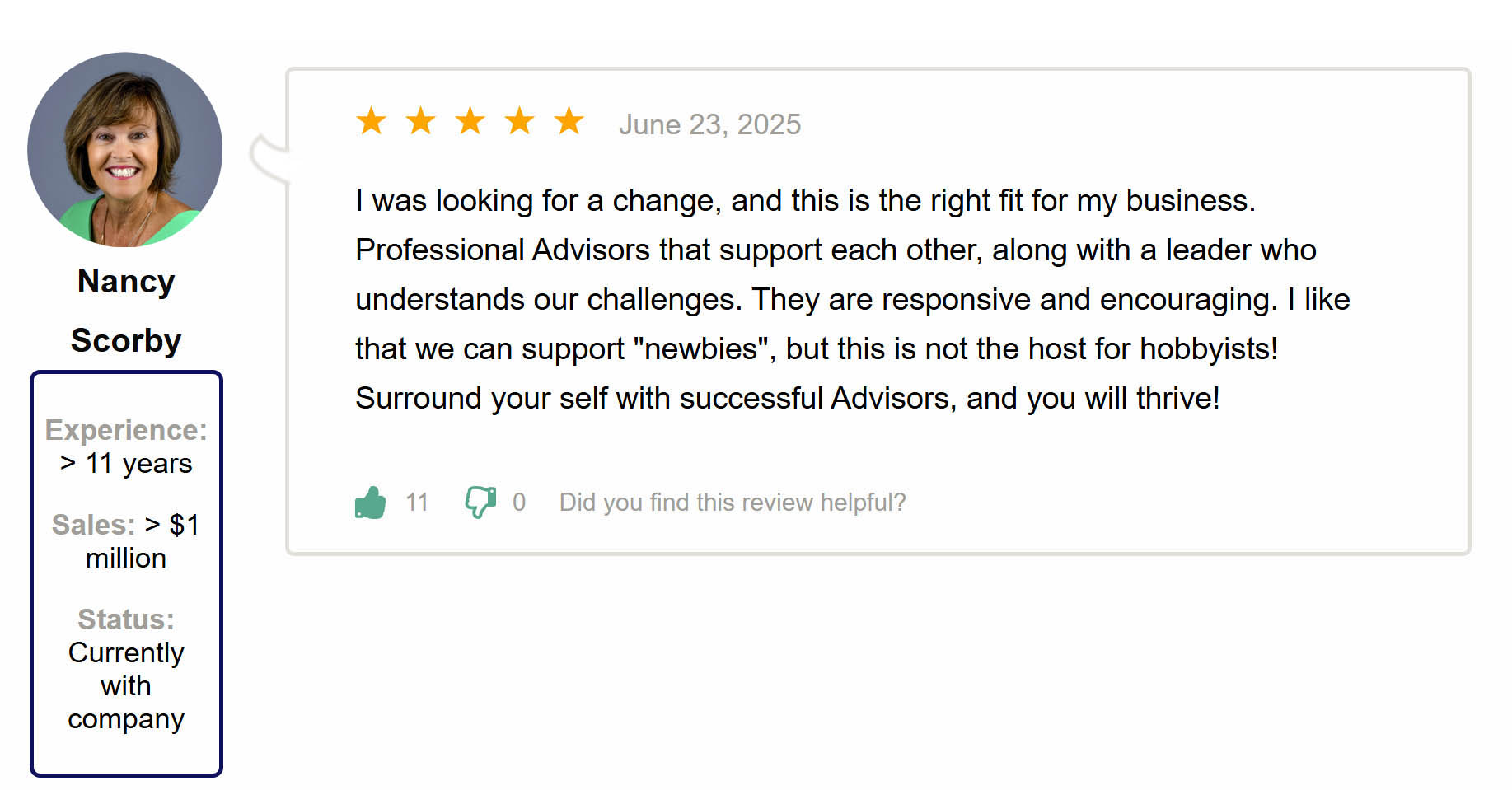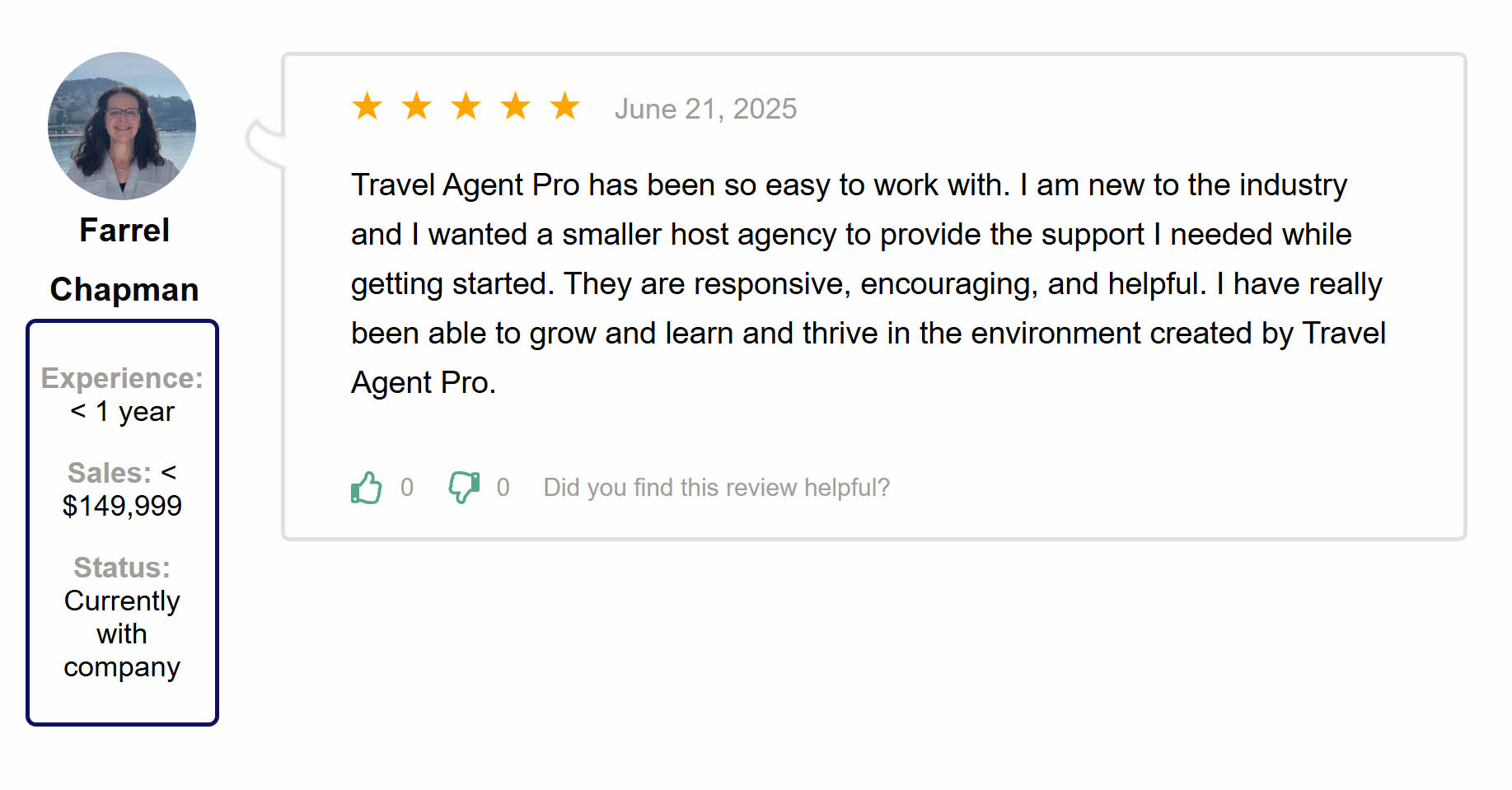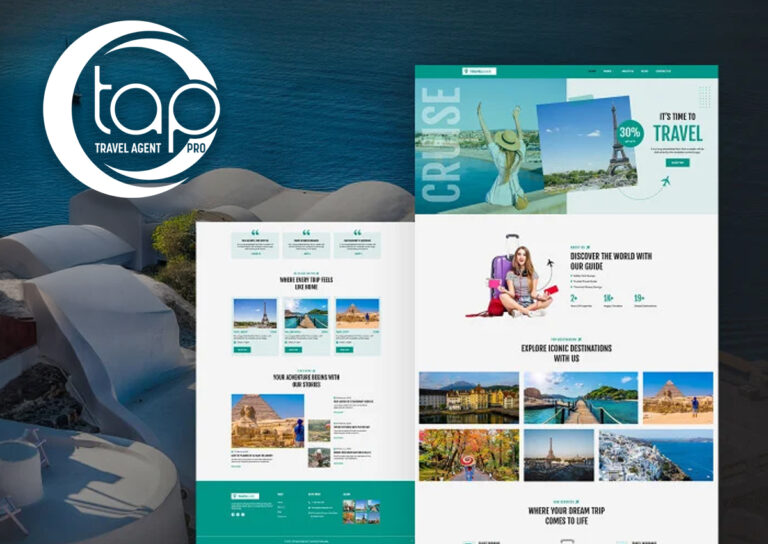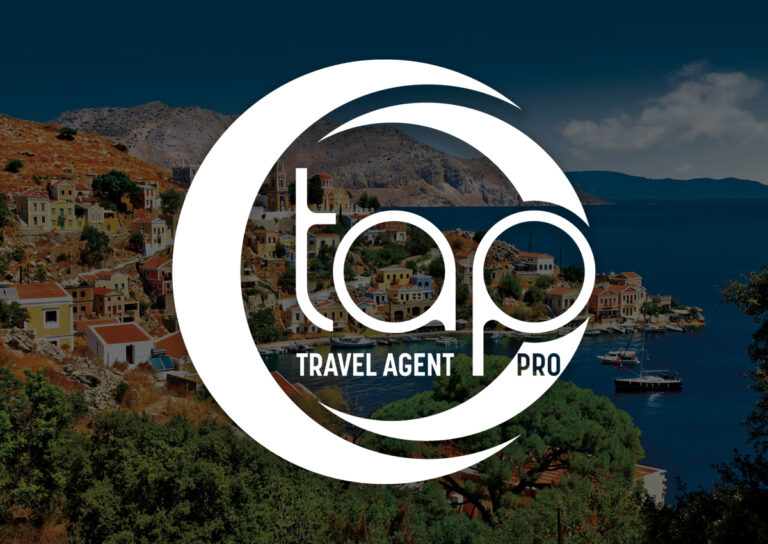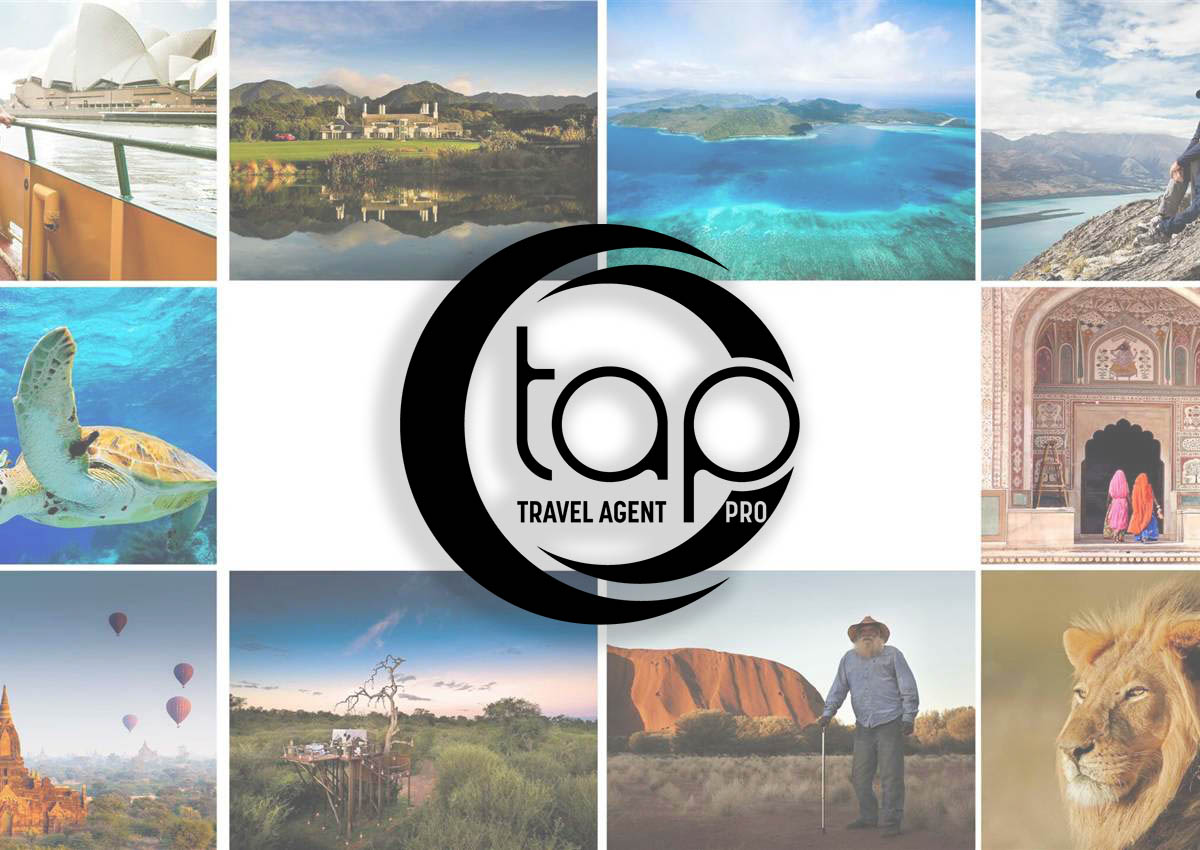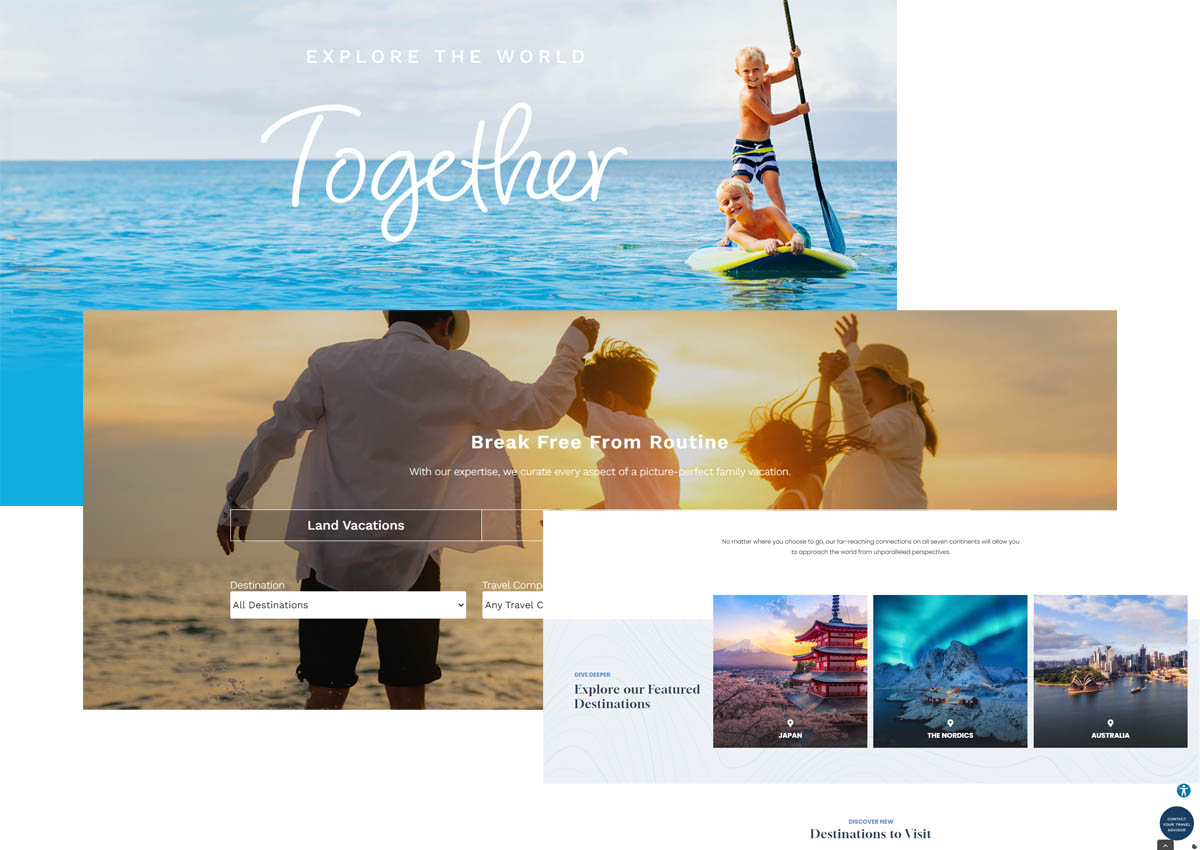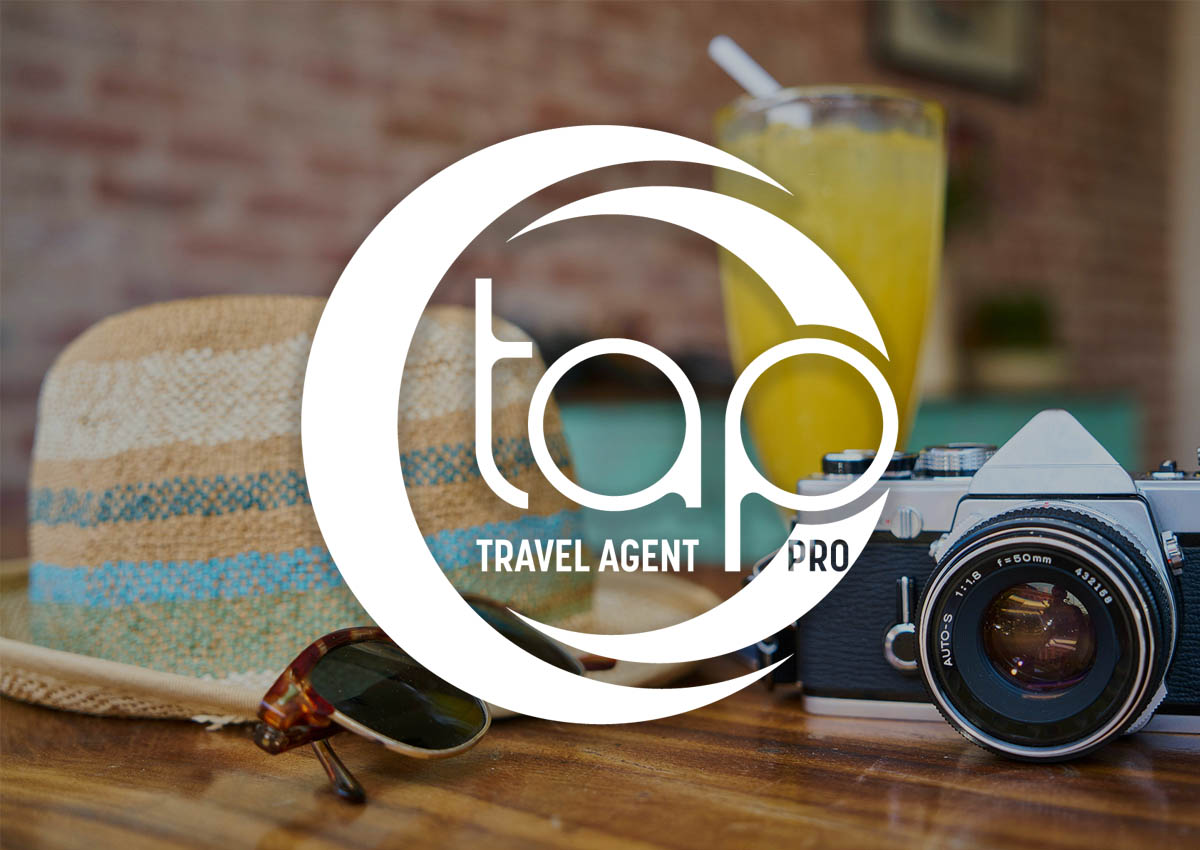Category :
Marketing & Social MediaHow to Identify Your Niche
To learn more techniques and how to create and grow your own travel business, sign-up to become a member today!

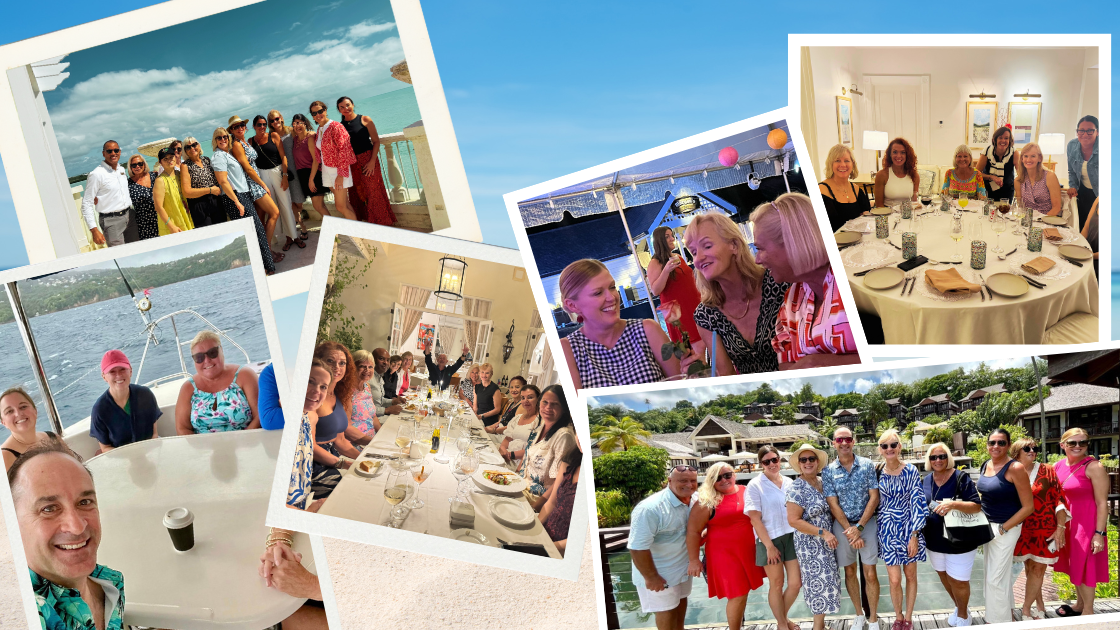
Ready to Elevate Your Travel Business?
Join Travel Agent Pro, the host agency designed to help you succeed. Discover why top agents choose us:
- Membership plans offering up to 100% commission.
- Proud member of the prestigious Signature Travel Network.
- Direct access to top tier preferred suppliers.
- Ongoing education, exclusive FAM trips, and much more.

- Discover your ideal travel niche and become an expert, leading to higher commissions and client satisfaction.
- Focus on your passions and leverage your expertise to create unique and profitable travel experiences.
- Join Travel Agent Pro to access resources, training, and support to excel in your chosen niche.
If you are a new travel agent, you need to determine what you would like to sell.
You should not jump into selling everything all at once. This is both irresponsible and will not make you the best profits.
Being able to deliver to clients an excellent vacation, with exceptional service, and good counsel to your customers, is key as you build your business year after year. You will make more money if you are an expert in a few things, than if you try to know one thing about a hundred places. There are entire agencies that just do Disney, others that just do romance or all-inclusive vacations, and others that just do Europe, cruises and more.
One thing to keep in mind, think about how lucrative your niche is now or could be. For example, the number of US travelers visiting Tahiti in a year, could be the same amount of people who vacation in Hawaii in a single week.
Most importantly, you want to focus on learning 1-3 things extremely well and then you can expand year after year. Being an expert in a few areas allows you to keep up to date with all the product and incentives offered, and negotiate higher commissions due to highly concentrated sales to select destinations.
Your goal is to find a niche that you are truly excited about AND that is highly profitable. You want to marry your favorite destinations with profitable products.
You will soon find out that for any given destination, there are hundreds of resources and hours of training, and limitless certifications available to you. Selecting a good strategy now will have you earning more money faster.
As a new travel agent, what are questions I can ask myself to find the best niche for me
Identifying the right travel niche is crucial for a new travel agent, as it helps to focus your efforts and build expertise.
Here are some introspective questions to help you determine your ideal niche:
Personal Interests and Passions
What types of travel excite me the most (e.g., adventure, luxury, cruises, cultural experiences)? Are there specific destinations or types of vacations I am passionate about?
Travel Experience
Which destinations have I traveled to and know extensively? Are there unique travel experiences I have had that could benefit others?
Market Demand and Trends
What travel niches are currently trending or showing growth potential? Is there a specific type of travel or destination that is underserved in the market?
Target Audience
What type of travelers do I relate to or enjoy working with (e.g., families, retirees, solo travelers, luxury clients)? Are there specific demographics or interest groups I understand well?
Skills and Knowledge
What unique skills or knowledge do I have that can be applied to a travel niche (e.g., language skills, cultural insights, adventure sports expertise)? How does my professional background or education complement certain types of travel?
Networking and Resources
Do I have existing networks or connections that can support a particular niche (e.g., local contacts in a specific destination, connections in the luxury hotel industry)? Are there resources or suppliers readily available to me in a particular travel sector?
Profitability and Sustainability
Which niches are more likely to be profitable in the long term? Am I looking for high-volume, lower-margin sales or lower-volume, higher-margin sales?
Personal Lifestyle and Work-Life Balance
Does the niche align with my desired lifestyle and work-life balance (e.g., the ability to work remotely, flexible hours)? How much travel is involved in servicing this niche, and am I comfortable with that level of travel?
Challenges and Learning Opportunities
What challenges am I willing to face in learning and growing within a particular niche? Am I willing to invest time and resources into further education or travel to become an expert in this niche?
Long-term Goals and Aspirations
How does this niche align with my long-term career goals as a travel agent? Can I envision myself being passionate and engaged in this niche for many years?
And also, think about your bucket list! Think of locations you haven’t been, but are very excited about visiting and/or selling.
Identifying your niche as a travel agent involves several key steps:
- Assess Your Interests and Passions: Reflect on what aspects of travel excite you the most. Your niche could align with your personal interests, such as adventure travel, luxury vacations, or cultural exploration.
- Evaluate Your Expertise: Consider areas where you have extensive knowledge or experience. This could be based on your travel experiences, professional background, or specific training.
- Market Demand and Trends: Research current travel trends and market demands. Identifying a niche that is both in demand and underrepresented can create unique opportunities.
- Target Audience: Think about the type of clients you want to serve. For example, are you more interested in helping families, solo travelers, or corporate clients?
- Competitor Analysis: Look at what other travel agents are offering and identify gaps in the market that you can fill.
- Feasibility and Sustainability: Assess the economic viability of specializing in your chosen niche. Ensure there is a sustainable market for it.
By combining these elements, you can identify a niche that is not only personally fulfilling but also commercially viable.
Carving Out a Niche in the Travel Industry
What type of travel are you passionate about?
What type of trips do you love to plan? Are there any destinations you love?
What do your friends and family say you are good at? What do you feel is the most important skill you bring to your travel business?
Which problems or results do you enjoy helping people with the most?
What impact do you want to have in the world?
What type of travel do you personally enjoy the most?
What type of travel do you sell?
Bookings last year by category:
Individual Bookings: _________________
Group Bookings: ______________________
Ocean Cruises Budget: _____________
Ocean Cruises: Premium: ________________
Ocean Cruises Luxury: ____________________
River Cruises: ______________________
Leisure bookings: __________________
Honeymoon Bookings: ______________________
Destination Weddings: _____________________
Spa and Wellness Groups: __________________
Adventure Groups: _________________________
Other: ________________________________________
What do you enjoy?
What is your favorite destination: _________________________________
What is the most challenging destination or product you sell? ___________________________
What is the most profitable destination or product you sell: ______________________
What is the least profitable destination or product you sell: ______________________
In A Perfect World
I would love to sell ________________________________________ (Product or destination) vacations to ___________________ (Families, couples, groups)
*In a perfect world you would marry your favorite destination or product with your unique style of travel with a high profitable margin.
In the competitive landscape of the travel industry, a travel agent can establish a strong presence by tapping into a niche market. Niche markets are smaller groups within larger markets, often overlooked by larger companies, that offer unique profit opportunities for a single travel agent.
Understanding Niche Markets
Think of a niche market as a specific interest group that shares common characteristics like age, geographical location, or similar preferences in dining, activities, etc. Recognizing what distinguishes a particular group – their unique attributes and preferences – is the essence of identifying a great niche market for your travel business.
Once you identify a niche, you can cater to their specific interests, similar to tailoring a perfect birthday gift for a close friend. This could involve providing unique services or offerings that larger companies do not provide, or provide at a great cost outside of the budget of your clientele.
The Advantage for a Travel Agent
By focusing on niche markets, travel agents can avoid direct competition with larger companies / online travel agencies. Instead, they become invaluable to their target group by precisely meeting their unique needs.
Examples of Niche Markets in General and Travel
-
General Niche Markets:
- A boutique selling exclusively sustainable clothing.
- A restaurant dedicated to vegan cuisine.
- A travel agency focusing on trips for individuals with disabilities.
- A software developer creating apps for small enterprises.
- An online store offering handmade jewelry.
-
Travel Niche Markets:
- Luxury Travel
- Upscale Ocean Cruise Travel
- Religions / Educational / Cultural Travel
- Food and Culinary Tours
- Sustainable and Eco-Friendly Travel
- Health and Wellness Retreats
- Festival and Event-Focused Journeys
- Photography-Focused Destinations
- European River Cruises
Finding Your Travel Business Opportunity
Every travel niche market has its own set of unique desires and preferences. By fulfilling these, your business can carve out a special place in the market. Spotting a group with specific needs can lead to a profitable business venture tailored to make them extremely satisfied.
Niche Locations as a Unique Selling Point
Consider specializing in specific locations as your niche. While you can't offer the entire world, becoming an expert in certain destinations can make you the go-to travel professional.
Niche Location Ideas
- Disney theme parks and cruises.
- European tours.
- Asian cultural experiences.
- African safaris.
- Arctic expeditions.
- Ocean or River Cruises.
- Island and beach getaways.
- Wine country tours.
- Visits to domestic national parks.
Choosing Your Niche
Reflect on where you want to focus your business. Specializing in certain areas or types of travel can set you apart and draw clients seeking your expert knowledge and unique offerings. This approach can transform your business into a sought-after specialist in the travel industry.
To identify your niche as a travel agent, consider these comprehensive strategies, drawing on insights from various sources:
- Assess Your Strengths and Interests: Reflect on your personal travel experiences, special skills, and passions. Determine which areas of travel excite you the most and align with your industry knowledge.
- Research Market Opportunities: Investigate current travel trends to identify market gaps or underserved areas. This helps in finding opportunities for growth and differentiation in the travel industry.
- Consider Client Needs: Analyze the travel preferences and requirements of your potential clients. Identifying niche specialties that can effectively satisfy these needs is crucial.
- Develop Expertise in Your Niche: Pursue specialized education and training relevant to your niche. Gaining hands-on experience by immersing yourself in specific destinations and activities can enhance your credibility and insight.
- Stay Abreast of Industry Trends: Continuously monitor trends, changes, and innovations within your niche to stay informed and maintain a competitive edge in the market.
- Market Your Niche Expertise: Communicate your unique value proposition through marketing materials, website content, and social media. Tailor your messages to highlight the tailored services and experiences you offer to your target audience.
- Leverage Collaborations and Partnerships: Network with industry professionals, suppliers, and organizations that share your niche focus. This can help in gaining exposure, credibility, and access to valuable resources and opportunities.
- Top 5 Strategies for Finding Your Niche: Identify your interests and passions, identify problems you can solve, research your competition, determine the profitability of your niche, and test your idea. Once you've identified your niche, you can develop expertise in that area and advertise your expertise through various channels, including online and social media.
Combining these strategies helps in accurately identifying a profitable and fulfilling niche in the travel industry, allowing you to tailor your services to a specific target market effectively.
Identifying your niche as a travel agent is a critical step in building a successful and sustainable travel business. Your niche is your area of specialization within the travel industry, and it helps you stand out from the competition and attract clients who are specifically interested in the type of travel you excel at. Here are steps to help you identify your niche:
-
Assess Your Interests and Passions:
- Start by reflecting on your own interests, passions, and expertise in the travel industry. What types of travel experiences do you personally enjoy or have knowledge about?
- Consider your travel experiences, such as destinations you've visited or types of trips you've organized in the past. What aspects of these experiences do you find most exciting or fulfilling?
-
Research Market Trends:
- Study current trends and developments in the travel industry. Pay attention to emerging niches and areas of growth.
- Research the demand for different types of travel experiences and identify gaps in the market that align with your interests and skills.
-
Analyze Your Competitors:
- Investigate what other travel agents and agencies in your area or online are offering. Identify areas where you can differentiate yourself.
- Look for gaps or underserved segments within your local or target market that you could potentially fill.
-
Consider Your Target Audience:
- Think about the types of clients you want to serve. Who are they, and what are their preferences and needs?
- Assess whether there's a specific group of travelers that you can connect with based on shared interests or demographics.
-
Evaluate Your Expertise:
- Take stock of your expertise, certifications, and training in the travel industry. Do you have any specialized knowledge or qualifications that could lead to a niche?
- Consider any unique connections or partnerships you have that could be leveraged for a particular niche.
-
Identify Unique Selling Points (USPs):
- Determine what sets you apart from other travel agents. Your USPs could include specialized knowledge, exclusive access to certain destinations or experiences, or a unique approach to planning trips.
- Your USPs should align with your chosen niche and resonate with your target audience.
-
Test Your Niche:
- Before fully committing to a niche, test the waters by offering a few trips or services within that niche to gauge interest and demand.
- Collect feedback from clients to refine your offerings and understand whether the niche is a good fit for your business.
-
Evaluate Profitability:
- Assess the potential profitability of your chosen niche. Consider factors like the average booking value, competition, and the willingness of clients to pay for your specialized services.
-
Make a Decision:
- Based on your research and assessment, choose a niche that aligns with your interests, expertise, and the needs of your target market.
-
Market Your Niche:
- Once you've identified your niche, create marketing strategies and materials that specifically target clients interested in that niche. Tailor your messaging and content accordingly.
Remember that your niche can evolve over time as your business grows and as you gain more experience and insights into the preferences of your clients. Continuously adapt and refine your niche to remain competitive and meet the changing demands of the travel market.
As a travel agent looking to identify the perfect niche for attracting new ideal clients, self-reflection is key. Asking yourself targeted questions can help you pinpoint areas where your passion, expertise, and market opportunities align. Here are some questions to consider:
-
Assess Your Passions and Interests:
- What are my personal hobbies and interests?
- Are there specific activities or experiences I am passionate about (e.g., hiking, culinary arts, history)?
- Can these interests be translated into unique travel experiences for clients?
-
Evaluate Your Travel Experiences:
- What destinations am I most familiar with, both domestically and internationally?
- Have I had any unique or specialized travel experiences that could appeal to a certain group of travelers?
- Which travel experiences have I enjoyed the most, and why?
-
Identify Preferred Types of Travel:
- Am I more interested in adventure travel, luxury travel, budget travel, or another type?
- Do health and wellness retreats, family vacations, or solo travel experiences excite me more?
- Can I leverage my interest in a specific type of travel to offer expert advice and tailored experiences?
-
Consider Your Personal Network:
- What demographics or interests are prevalent in my social and professional circles?
- Are there specific groups or communities I am already connected with that could be potential clients (e.g., retirees, families, adventure enthusiasts)?
-
Analyze Market Trends and Demands:
- What travel trends are emerging that align with my expertise or interests?
- Is there a gap in the market that my skills and knowledge can fill?
- What are travelers increasingly seeking that I am uniquely positioned to provide?
-
Reflect on Your Skill Set:
- What unique skills or knowledge do I possess that can enhance a travel experience?
- Do I have language skills, cultural insights, or special certifications that could be beneficial?
-
Evaluate Logistics and Practicality:
- Which niches can I realistically provide excellent service in, considering my location, resources, and network?
- Are there logistical or regulatory factors that could influence my choice of niche?
-
Future Growth and Scalability:
- Is the niche I’m considering likely to grow or sustain in the coming years?
- Can I scale my services in this niche to cater to a larger client base in the future?
By answering these questions, you can gain a clearer understanding of which travel niches align best with your personal interests, experiences, and skills. This alignment is crucial for establishing yourself as an expert in a particular area and for attracting clients who are looking for specialized, passionate guidance for their travels.
Learn more about this by signing up as a member, today! Travel Agent Pro Application Form.
To learn more techniques and how to grow your travel business, read more on our Pathfinder Series.

